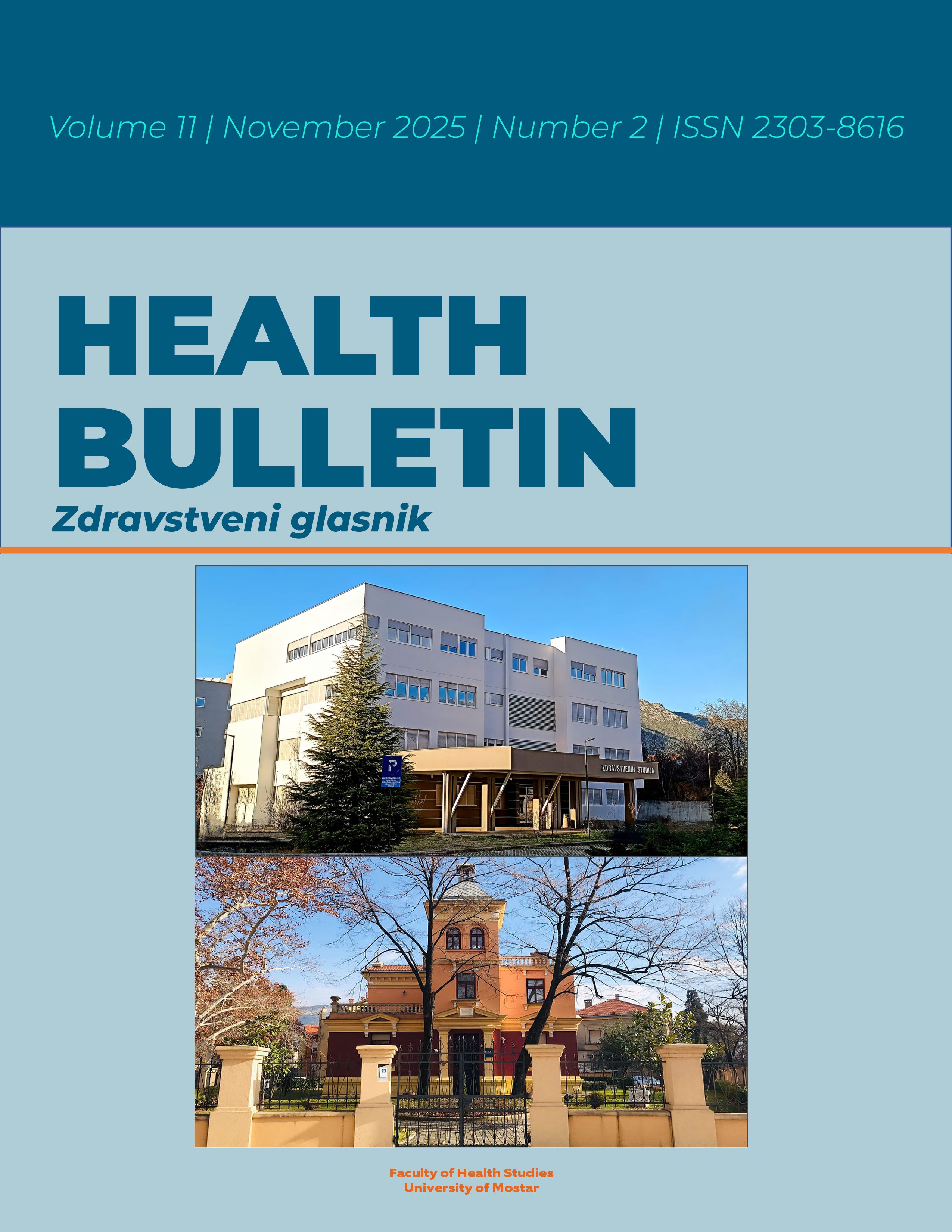POSTTRAUMATIC EMBITTERMENT SYNDROME IN PATIENTS WITH POST-TRAUMATIC STRESS DISORDER
DOI:
https://doi.org/10.47960/Keywords:
post-traumatic embitterment syndrome, patients, post-traumatic stress disorderAbstract
Introduction: Post-traumatic embitterment syndrome is a pathological reaction to drastic life events and does not have the tendency to end. This syndrome also occurs relatively frequently in patients with post-traumatic stress disorder (PTSD).
Aim: To investigate post-traumatic embitterment syndrome in patients with post-traumatic stress disorder.
Subjects and methods: A cross-sectional study was conducted on a sample of 200 subjects who were participants in the past war. The research group consists of 100 subjects who participated in the war and have a diagnosis of PTSD, and the control group consists of 100 healthy volunteers who were in the war but were not previously diagnosed with PTSD. The study used a sociodemographic questionnaire, a self-assessment questionnaire for post-traumatic embitterment syndrome, and a clinical questionnaire for post-traumatic stress disorder.
Results: Subjects with PTSD show a statistically significantly higher level of post-traumatic embitterment syndrome compared to subjects without PTSD. There were no statistically significant differences between the groups that actively and passively participated in the war, between genders, and between the groups with current PTSD and lifetime PTSD.
Conclusion: Subjects with PTSD show a statistically significantly higher level of post-traumatic embitterment syndrome compared to subjects without PTSD.
















